Article provided by Frank McLaughlin of Mclaughlin Lofts
Frank’s Widowhood System
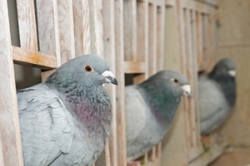 #1. The cocks should spend 30 minutes with hens the first few races before crating for the race. They are left with the hens for two hours after a short race up to overnight on a long race. This is not real important. After week three just open next boxes for 15 minutes before crating for the race. Remove the cocks that are not racing before the hens are brought in. Toss the cocks that did not race to the hens in the morning or place the cocks that did not race back in the loft once the hens have been removed for the day.
#1. The cocks should spend 30 minutes with hens the first few races before crating for the race. They are left with the hens for two hours after a short race up to overnight on a long race. This is not real important. After week three just open next boxes for 15 minutes before crating for the race. Remove the cocks that are not racing before the hens are brought in. Toss the cocks that did not race to the hens in the morning or place the cocks that did not race back in the loft once the hens have been removed for the day.
#2. The day before shipping (Thursday for me) for a short distance race is the day to feed for the race. On Thursday afternoon if shipping is Friday feed all they want of a mixture of 20% Barley, 70% European mix and 10% Safflower/hemp/flaxseed.
#3. On Friday the day of shipping for a short race, feed 3/4 ounce per bird European mix in the am. Feed ¼ ounce per bird Safflower/hemp/flaxseed about 1:00 pm. Never feed too late into the afternoon or they may dehydrate. Water is always fresh with nothing added day of shipping.
#4. Give a warm bath on day of shipping about one hour after 1:00 pm feeding. The bath relaxes them and helps them stay calm all night on the truck, plus it brings on form. Skip bath if rain is predicted.
#5. Short distance races feed half European mix half depurative mix on day of return to build back reserves. Sunday through Wednesday 100 % depurative, Thursday morning 75% depurative, 25% European. Thursday afternoon see above.
#7. Day of return one gallon of water must contain 1 tablespoon glucose, ¼ teaspoon vitamins and electrolytes (any brand made for chickens will do), ¼ teaspoon iodized salt along with a good friendly bacteria.
#8. For long distance races 400 miles and above, feed the birds 50% depurative and 50% European mix Saturday through Tuesday. Feed mornings and evenings. Wednesday and Thursday with Thursday being day of shipping feed 50% European mix and 50% Safflower, Hemp, rape and flax mix. Feed birds all they want then pull extra feed out.
Vitamins and electrolytes on Wednesday with fresh clear water on Thursday.
Pigeons should get vitamins and electrolytes day of return and the day before shipping.
Tuesdays and Thursdays all season for one feeding mix one ½ to one tablespoon flaxseed oil (Buy at Health food store) on grain and add brewers yeast, Belgium pink minerals, Whey protein natural or vanilla flavor and 1/8th. teaspoon of iodized salt.
Grit should be in front of pigeons at all times. Plus one little pot of Belgium Pink Minerals. One little pot of brown mineral block. One little pot of oyster shells and one pot of mixed commercial grit.
#9. Mid season if performance is falls off. Let the cocks come home and spend over night with the hens. The following week, bring in the hens 24 hours before shipping. Put in nest bowls and nesting material. Ship cocks and let them spend over night with the hens when they return. Now go back to regular widowhood. They will be in great form and mentally be ready again.
#10. Keep changing things to keep pigeons fresh.
Week three put in only one really good hen before shipping.
Week four put in bowls for the first time.
Week five nothing, just crate and ship.
Week six add one strange cock to the widow loft for one hour before shipping.
Week seven bring in hens 24 hours before, see above.
Always have well fed hens waiting for cocks to return from race.
#11. Keep hens on wire and do not let mate. Feed rich European mix the day the hens will see the cocks. You do not want them to think about eating when the cocks come home.
Feed widow hens barley 5 days per week. Not real heavy, keep them a little hungry.
Treat hens with same medications at the same times as the cocks. Do not let them re-infect cocks.
If hens mate up do not use them for the cocks. No hen or sharing of a hen is better than a mated hen.
Use stock hens that have been separated to add spark.
Use yearling hens, they mate less.
#12. Ship cocks every other week from 300 miles on.
Use your judgment on how they act. If they are acting great pool them.
#13. Training: Let cocks out to free exercise for an hour four to five mornings and two or more evenings per week. You can give a toss to cocks that did not race on the day of the race if needed. Toss one long toss (70 miles) mid-week for the first month of the race season. If they have raced 300 miles or above they can go two weeks without being raced or tossed. They will get all they need around the loft. Do not have the hens waiting when they return from a mid week toss. Seeing the hens too much causes a loss of form.
#14. Keep calm. Do not go in loft while birds are resting. You must do all loft chores while they are out exercising. Widowers just eat, exercise and rest. This is the name of the game. No disturbances!!!!!! Loft should be comfortable and warm. No open areas that cause the birds to fear something outside. Keep moisture out and dryness in by closing loft down on cold or rainy days.
#15. A good sound health program must be followed with canker and respiratory medications given every other week Sunday afternoon, Monday and Tuesday. Rotate the two and use different drugs each cycle. I rotate flagyl, ridsol and emtryl for canker. I rotate, suanovil and doxicycline for respiratory. Baycox for coccidiosis if needed or much dampness and rain is going on for an extended period. Worm the birds around week six or seven. Using different drugs each cycle helps fight resistance to the drug.
The Leading Online Pigeon Racing and Racing Pigeons Magazine – The Pigeon Insider


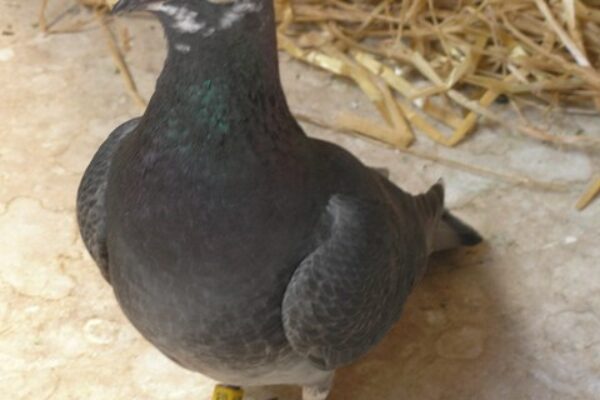
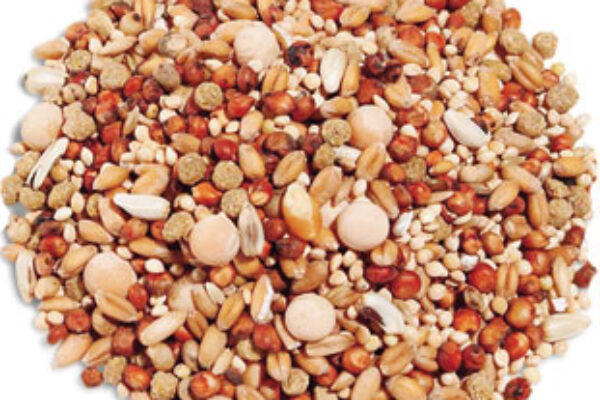

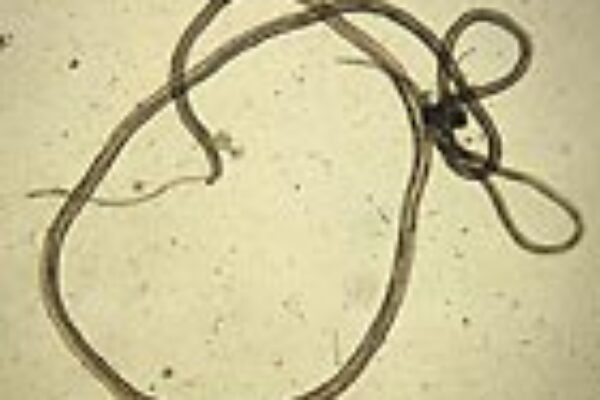
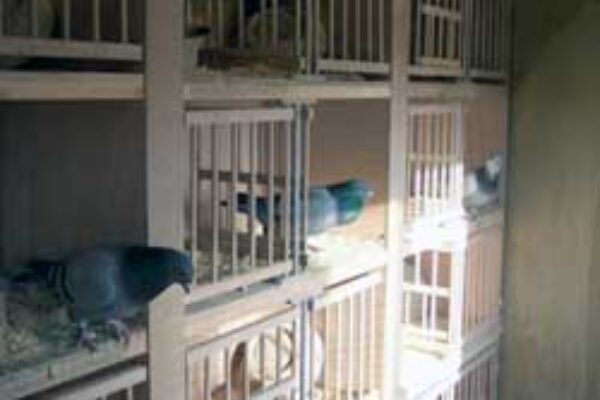
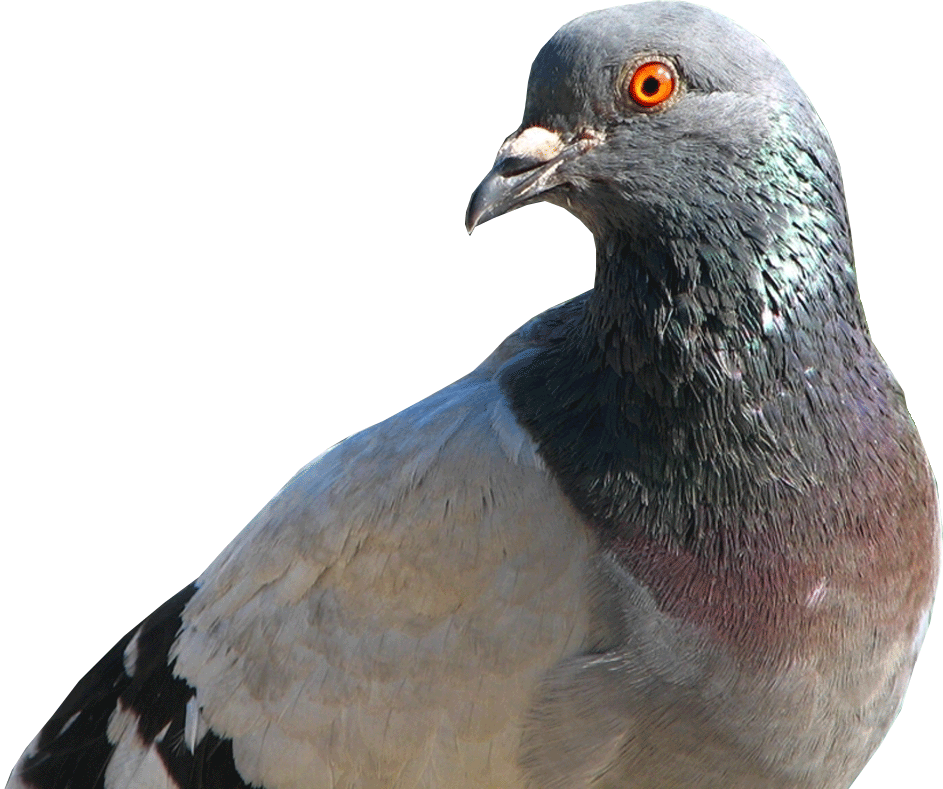

Very good .
HI, this is very close to the way i fly widowhood at the moment,always keeping the cocks fresh and the hens slightly wanting. Theres also some good tips being shown. pete, diss,uk
simple and very easy to follow .makes me realize what i have done wrong for previous exercises and training.big help for beginners like me.good stuff thank you so much
Good stuff.
very good and easy to understand
Didnt follow all the links before I posted on other page. sorry, widowhood explained very well.
What is in depurative mix and European mix?
Thanks
depurative mix is barley,wheat and a bit of safflower,a lite mix. European is the 16% protein feed you can buy,which is heavy,unless you road work ALOT.